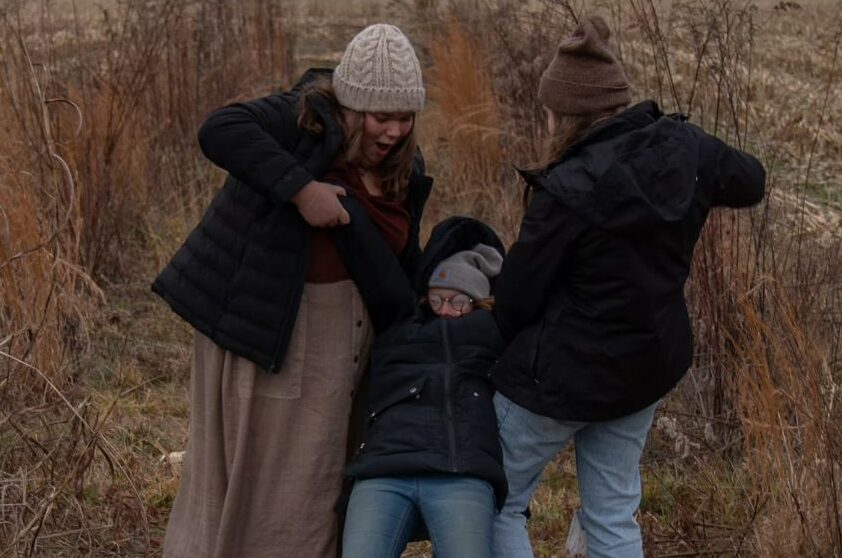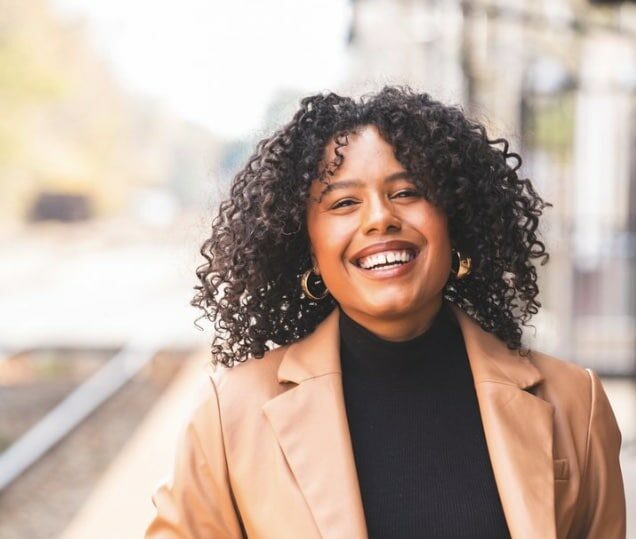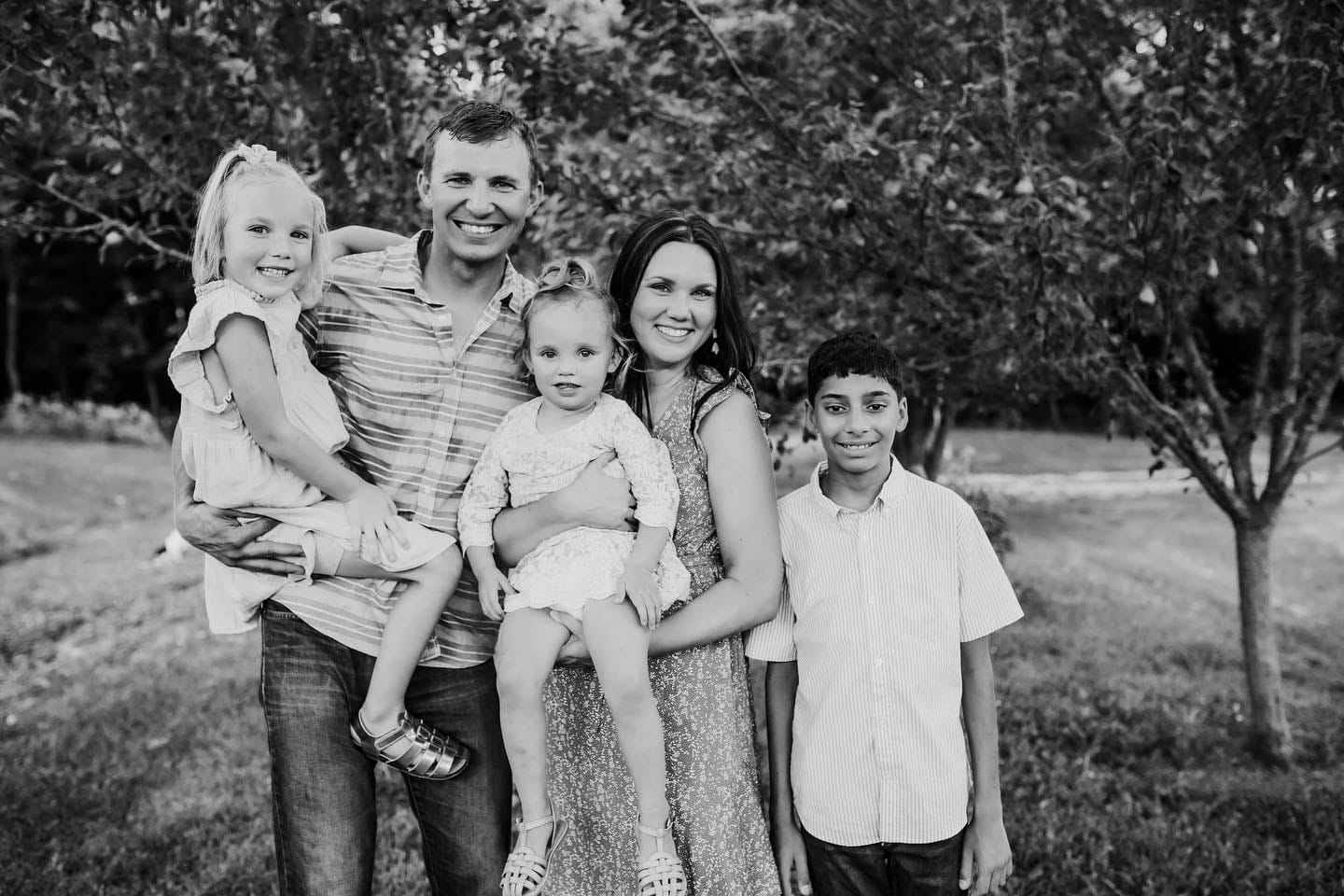
Photos and written by Michelle Branch and middle photo by @michellelaurenphotography
My name is Michelle Madrid-Branch and shortly after being born in the United Kingdom I became a ward of the court and was placed into foster care. I was adopted by Americans and grew up in many different places, but it wasn’t until I was in college in New York City that I began to truly explore who I really was.
While in foster care I had been labeled things like “difficult to place,” “unwanted”, or “illegitimate.” These labels have followed me for the majority of my life. While in college I began to discover who I really was without the judgments and the labels that had been woven into my identity. Even after graduating from college, graduate school, and having a successful television news career; all of the accolades, achievements and even an Emmy nomination could not hide or heal the hurt that lingered inside of me. The pain of rejection and abandonment became too much to bear and I left the industry to continue journeying on to find healing.
Today I am an author, speaker and adoptee empowerment coach as well as a mother to three amazing kids, two of whom are adopted internationally from Russia and Ethiopia. We are a multi-cultural and transracial family. I am married to an amazing man and am a proud step-mother to my husband’s two adult daughters.
Perhaps, my journey as a relinquished child and a person growing up in the skin-of-adoption prepared me for the challenge of mothering in so many different ways: biologically, via adoption, and via step-parenting. I’ve worked to be as inclusive as humanly possible within the challenges of shared family.
Society rarely realizes that adoptees feel their birth parents within them and that adoption doesn’t end that birth family connection. This connection stays with the adoptee and follows them over the course of a lifetime. To feel severed from their biology, identity, or nationality can be traumatic for the adoptee. When we bring children into our lives through adoption, we become a shared family. Their origins become part of our family, part of our lives, and part of our language.
Growing up I didn’t feel like I had been given permission to share openly the feelings, questions, or emotions that I had about my adoption. My mother told me that she had “saved me” from a bad situation and that my adoptive family’s biology and culture were now mine. I’m sure this was her way of embracing me as her own, and as much as I was loved, this made me feel cut off from a very real part of who I was and I longed for that part of me. What if I was rejected—again? Seen as ungrateful? Unappreciative? This fear caused me to succumb to the labels and judgments that were spoken about me. I lived someone else’s identity. My frustration grew.
My experience of feeling trapped within someone else’s belief of who I was, who and what I could become, and what I could claim as my own, has guided me in the way I parent today. Perhaps, this is why inclusion, diversity, and the ability to stand authentically in our adoption stories—in our adoption heritage—is of such importance to me, as a parent and adoptee advocate.
I don’t believe in a family tree. I believe in a family quilt. My family is woven together from different places, people, stories, histories, cultures, languages, and nationalities. Like a quilt, we’re of different fabrics, textures, colors, origins, and patterns. We come together, as family, yet we stand unique—one of a kind—in who we are as individuals. We embrace each other’s uniqueness. After all, a quilt requires these individual pieces of fabric in order to transform itself into something of timeless beauty.
I want to encourage…
- My children to stand strong in who they are, where they’re from, how we’ve been woven together, and to understand that the fabric of who they are would not be possible without the gifts passed down from their birth families. I also encourage them to trust that they can come to me and openly express the challenges and the triumphs of this shared family experience, to feel that their birth families are represented and woven into this quilt.
- Parents who are struggling to connect with your child. Perhaps, like I once was, your child is scared to share their most raw and real questions and emotions, afraid you might leave, and so the armor goes up but the pain doesn’t go away. Let’s continue to show up and press in as they walk through this grief.
- Adult adoptees who are struggling to find your place in the world: reach out to others who understand. Don’t sit in isolation and silence. Silence hinders healing. We heal, grow, and become more of who we really are when we connect inside of a community that understands. You’re not alone. Share your story in a safe space. Take that life-healing step forward. I did. And, I found my purpose and my true identity there.
When you feel included from the core of your being, you feel wanted, valued, loved, and seen. That goes a long way in the healing and health of every adoptee.
Follow Michelle on Instagram here!



